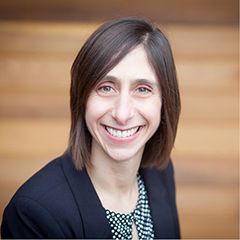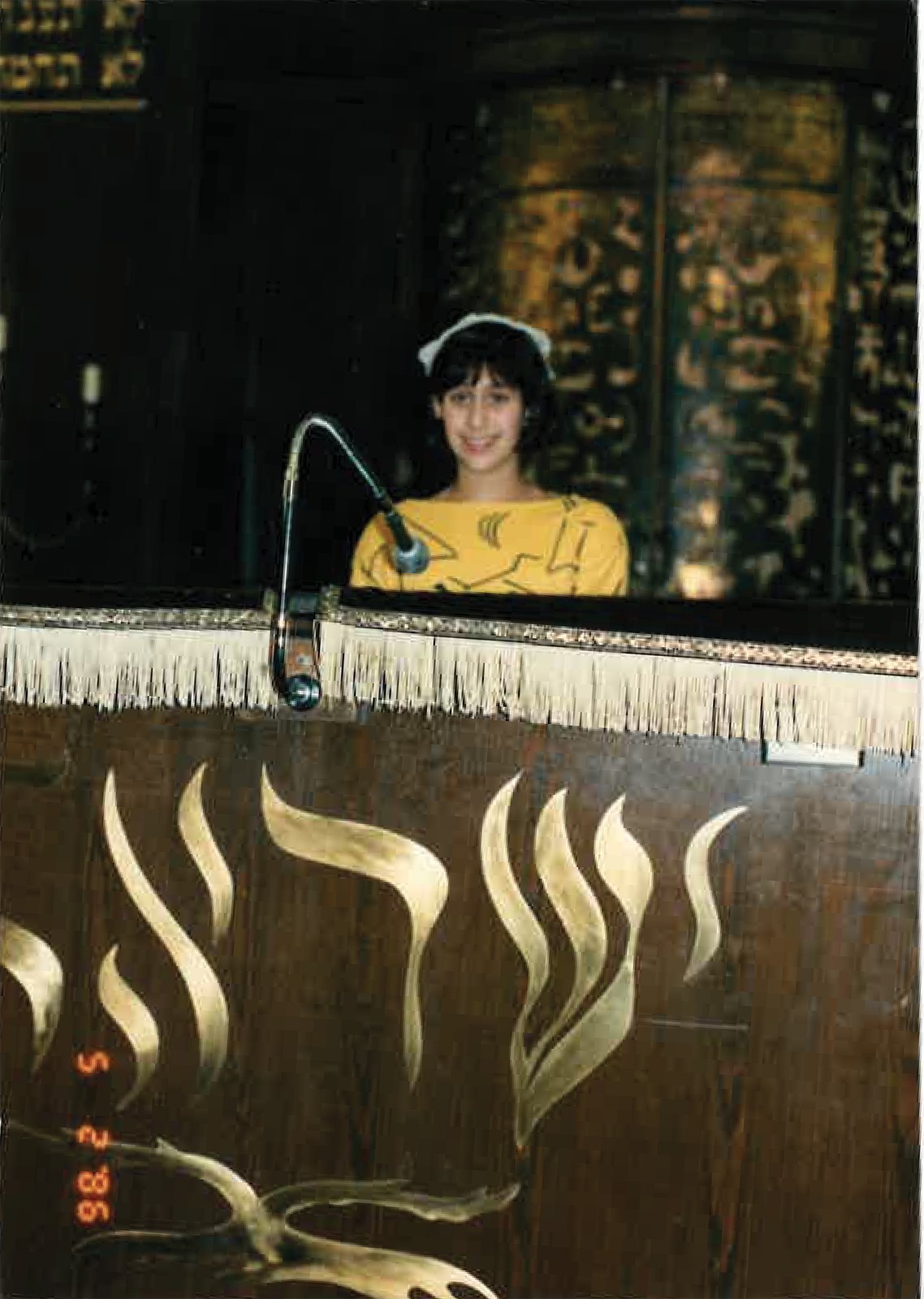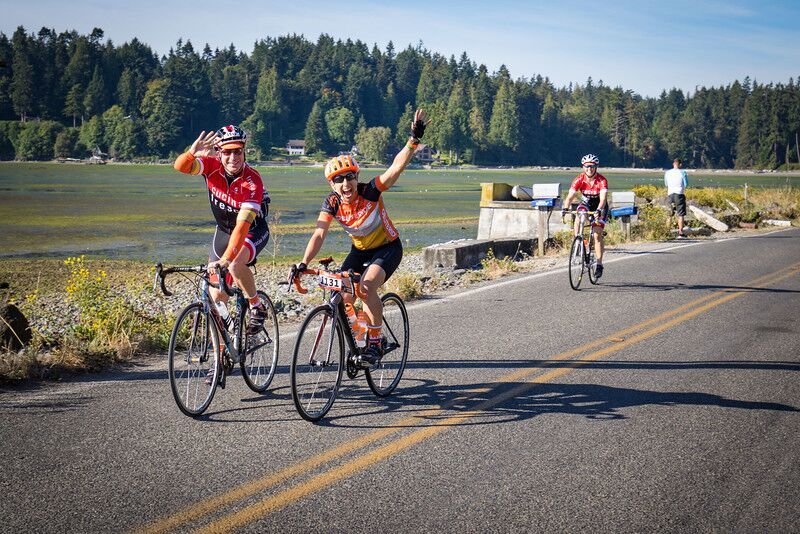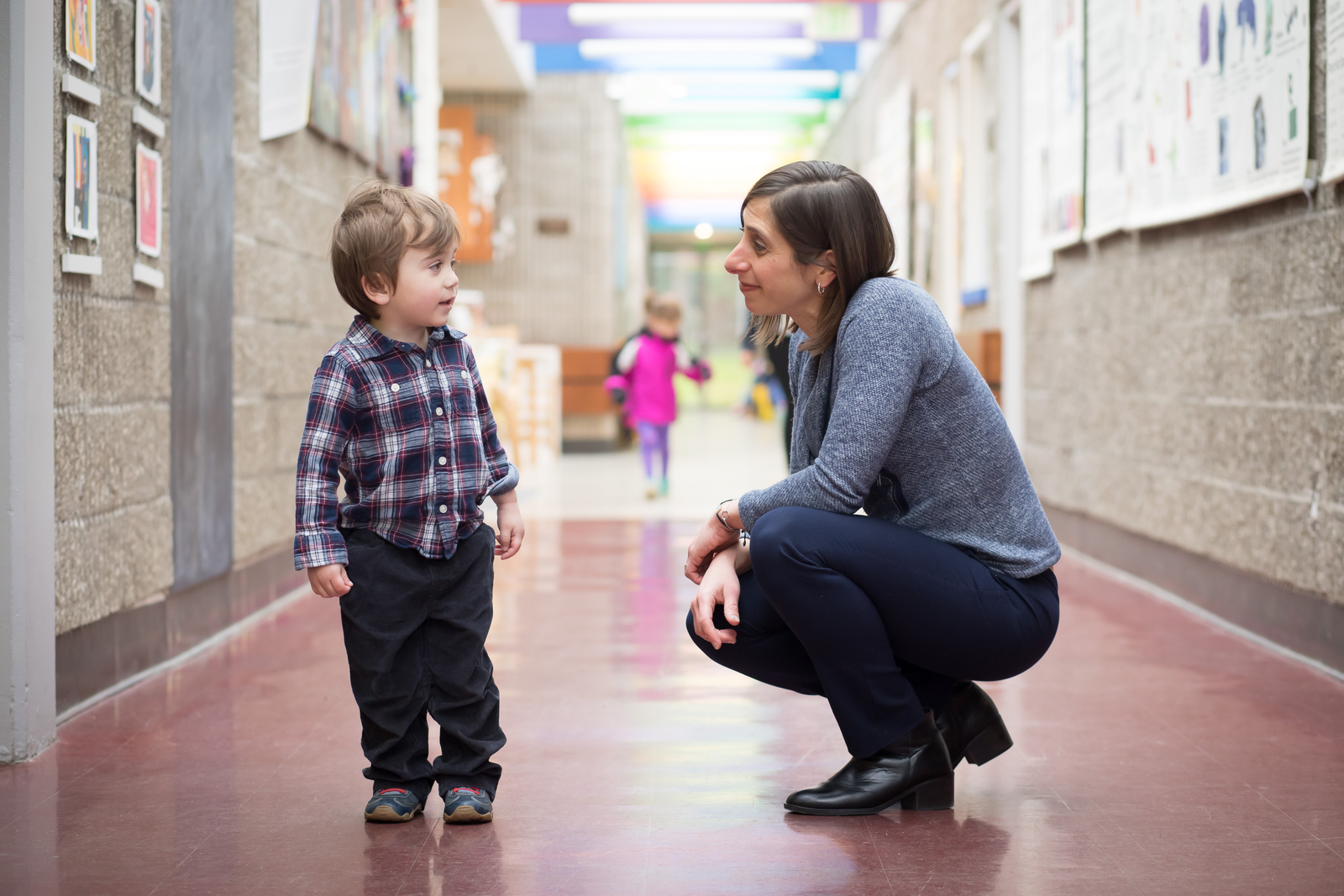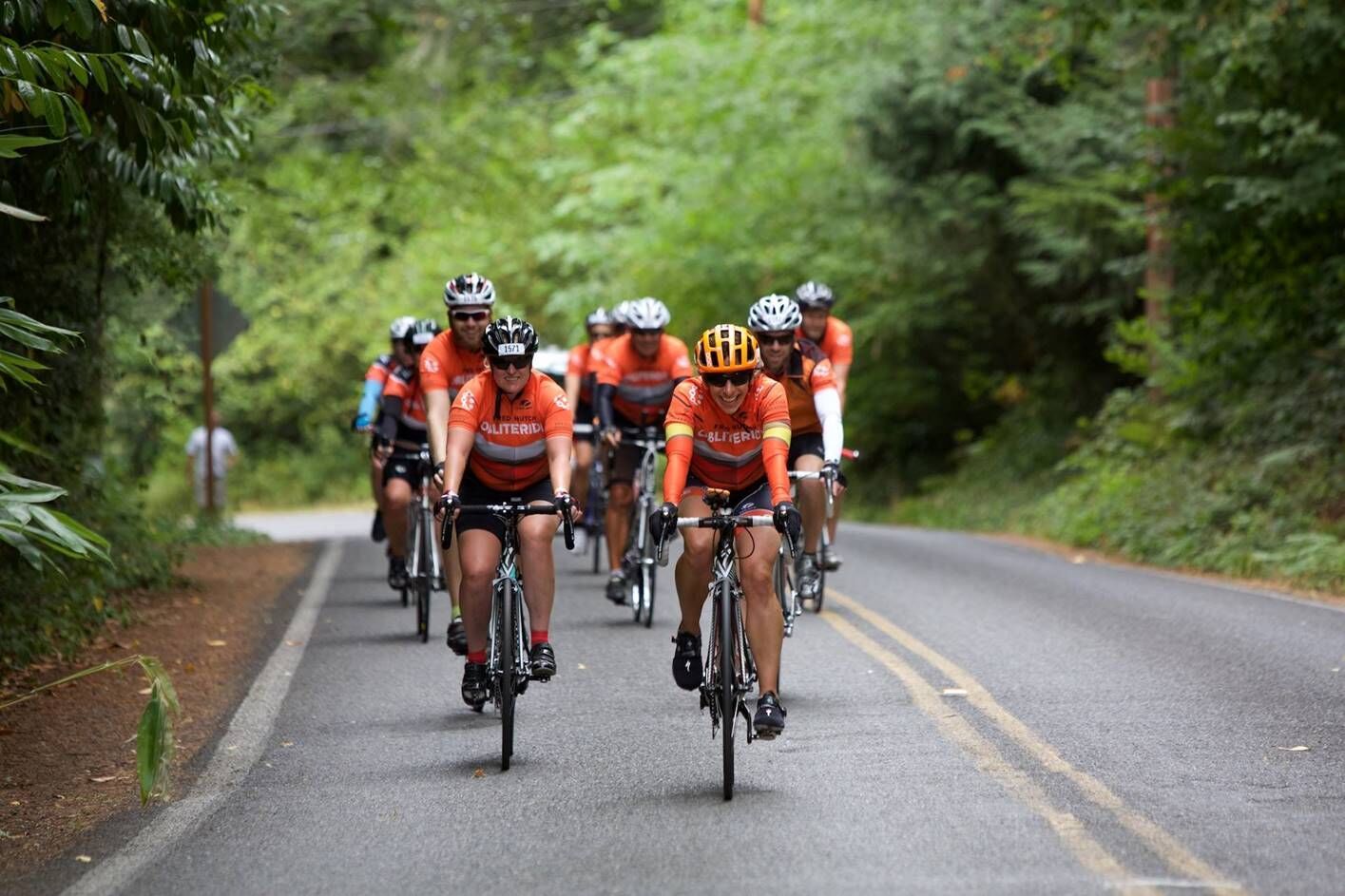Family history
The role of Judaism in her life
Early on, we were members of Temple De Hirsch Sinai. When I was in fourth grade, we moved over to Herzl-Ner Tamid, where I became a Bat Mitzvah. I’ve always considered myself an observant Jew and it’s always been an important part of my identity. When I got to college, I consciously chose to continue making Judaism an important part of who I am, not just something my parents made me do. I met my husband after college, and while my husband wasn’t raised with any formal religion, we’ve practiced Judaism since we’ve been together and today are actively engaged members of Temple de Hirsch. Our kids have followed a fairly typical path of contemporary American Jews. They attended preschool at the J, and they’ve both gone through Hebrew School and attended Jewish summer camp. My older daughter was Bat Mitzvahed and remains very actively involved in BBYO. The younger one is on path now to do the same. Judaism is core to the decisions I make and the way I choose to spend my time. It is a dimension of living with intention, and leaving the world better than I found it. I pursue things I believe create meaning for myself, my family, and the community. Kindness, compassion, speaking up for people who may not have their own voice—those are values I try to live out.
Choosing her career
While I’ve always felt capable of imparting change in the world, I can’t say there was ever a single mission or calling that was distinct in that regard. I spent 10 years at Microsoft and did a variety of marketing jobs. I thoroughly enjoyed about 9-1/2 years of it. But at right about 9-1/2 years I started thinking, “I’m spending a lot of hours on something that doesn’t feel fulfilling, I’m not fully applied.” I left Microsoft to figure out how I could activate that part of myself. Like many people, I read some books, did some ‘soul-searching’, and started to understand what I might be looking for in my next challenge.
The road to Obliteride
Obliteride is fashioned after a few different events around the country that have been able to mobilize thousands of people each year to drive awareness of research and funding needed to cure cancer. A community benefactor brought the idea to leaders at Fred Hutch, suggesting it might be time for Seattle to activate something like this. I was lucky enough to know people in leadership positions at the Hutch from growing up, and when they started to discuss potential creators to take this on, my name was tossed out there. I received an email saying, “We have this crazy idea of starting this bike ride that would engage thousands of people and raise millions of dollars. Would you ever think about leading it?” I thought about it for bit and recognized quickly that it checked off a lot of things on my list of personal skills and interests, and most importantly—the mission was (and is) critically important to me. Obliteride is something that demands something of the people who participate—at a financial level, physical endurance and sheer commitment. When you ask people to do something very meaningful, in honor of a mission like curing cancer, people are driven to commit and will step up and surprise themselves. Obliteride is a place to apply energy, find community and do something in pursuit of curing cancer faster. What you see people awaken in themselves is very inspiring.
Personal connections to the cause
People often ask what personal connections I have to the cancer cause. I thank my lucky stars every day that my inspiration comes from watching others fight the disease. I have a cousin who had Hodgkins in her mid to late 20s. Thankfully, she’s now the mother of two adorable kids and lives in Chicago. I also have a very close friend who is now about 10 years into an adult battle with ALL, Acute Lymphocytic Leukemia, which is very rare for adults and can often be fatal. Watching a family endure is very hard, and at the same time, incredibly inspiring. These were two of my early inspirations. Along the way however, I have made more and more connections in the community, and gained motivation and inspiration from each story. I continue to watch the amazing advancements and research that provide hope that we are getting closer and closer to understanding how to prevent, treat, and cure cancer.
Significance of cycling
My husband is an avid cyclist. I always enjoyed cycling and I’m a very active person. But Obliteride has made cycling very much a part of me. Now I’ve become part of the cycling community and I ride regularly; yes, even in the winter here in Seattle.
Making the move to the SJCC
At work I have a picture in my office of me eating challah at the SJCC in the mid-70’s. That is where my relationship with the SJCC started. The modern chapter really started, however, when I was pregnant with our first child. We were living in Greenlake. My husband and I were both commuting to Microsoft, and I knew then that my child was going to go to the JCC for preschool. We moved to Mercer Island and I quickly got involved in the J as a parent. I served as a co-chair of the parent committee for a couple years and then became a board member while Judy Neuman, my predecessor, led the J. As a board member, I was able to watch the Agency and where it was going and growing, continuing to serve its core community in preschool, camp and fitness programs, while adding a rich cultural arts program, and a growing number of events and activities for people at all stages of life. When Judy announced in June of 2016 that she was ready to retire, I started receiving phone calls from people who thought it could be a good fit for me. This was two months ahead of Obliteride 2016, and I was keenly focused on getting thousands of riders out there. Days after Obliteride, someone from the JCC Association called and asked, “Is this something you’d ever consider? If the answer is anything but no, we’re going to keep talking.” I gave myself a couple weeks to recover from Obliteride and started to really think about it. I came to recognize that this presented another opportunity to get in there and try to take something I cared deeply about to the next level. The timing worked well; I jumped in about 18 months ago and here I am.
We want so badly for everybody to come visit us and participate in our events. It’s very easy for me to find Jewish community, both because I grew up with it here and because I live on Mercer Island, which happens to have a fairly strong Jewish population. But if people are in different communities and neighborhoods, it’s not as easy. That’s why the J has set a goal of finding or creating places where we can reach people where they are, both physically and virtually, engaging people in different types of programs. A couple examples are the early childhood school and Tot Shabbat programs we offer around the Sound, the Seattle Jewish Film Festival, an iconic and signature element of the SJCC, or our growing year-round Arts + Ideas program with a breadth of programming.
When you walk into the J these days, the building is bustling. There is so much activity and energy. Hundreds, if not thousands, of people walk through in a single day—children, teens, adults, seniors, doing all types of activities. We have more and more things we want to offer and more and more partners who want to be offering programming or finding opportunities to program together, and we literally are at capacity in our building. We’re trying to figure out how to evolve our physical structure to meet the future needs of the growing Puget Sound Jewish community, as we also track broader trends in North American Jewish life.
Community connections
The Jewish Federation completed a study a few years ago about the growth of the population here, and it estimated that nearly 70,000 Jews live in this region. We know that a fraction of them is formally engaged in Jewish organizations. Yet when you learn more about these people, it’s clear that many of the unaffiliated Jews continue to nurture and seek some element of Jewish connection. Thousands of people across Puget Sound sit thinking, “I don’t know where to find anything Jewish.” On the flip side, we (agencies) are working hard to reach out, screaming from the rooftops to welcome new people into our programs. We want so badly for everybody to come visit us and participate in our events. Right now, the J, like many agencies across the Puget Sound, is working hard to find places and ways to reach people where they are, both physically and virtually, to welcome and engage them in programs and with people in ways that are meaningful to them. With this information, and through a recent effort led by the Jewish Federation, the SJCC will be working on an initiative to help people around the region find the Jewish programs and connections they are seeking.
The present and the future of the SJCC
As mentioned earlier, the SJCC is thriving right now with a fantastic mix of programs, classes and events that engage people at all stages in life. We also find our Arts + Ideas programs reaching a broader audience than ever. We are working hard to build on this foundation and regional growth to define an even stronger future. With a strong foundation, efforts to develop new programs to reach new people, and significant regional growth, the future looks bright, exciting, and full of opportunity.
The importance of mentorship
At Microsoft, I had managers, but struggled to find mentors. When I got to the Hutch, I found a couple people who started to play the role of personal mentor, someone working to help me achieve my professional and personal goals. I looked to these people, who happened to be women, to help me work on developing my whole self. They helped me recognize and gain confidence in my skills/strengths, and yet cared enough to boldly say "Hey, you could do some work in these places, here are some resources and tools.”
Since coming to the J, I’ve been able to maintain and nurture those relationships, while I also enjoy the gift of reconnecting and partnering with the ‘adults’ I knew growing up. They used to be keeping me in check as a child, now they’re helping me develop personally and professionally.
In these two jobs, I’ve had the opportunity to meet so many different people and have so many people generously make themselves available for questions, wisdom, guidance, opinions, and constructive criticism. Since I joined Fred Hutch, I have found myself acting as a mentor in more organic ways as well. Past team members call seeking counsel, job advice, etc. I think the real difference I’ve felt is that when you’re in these community organizations, work, management, and mentorship become more intertwined than in a formal business; maybe because we’re all connected through the mission we’re serving and in some cases, the very history we share.
